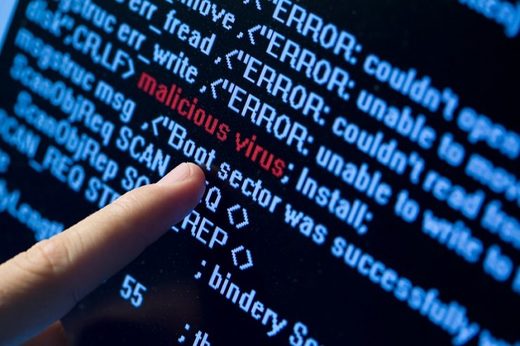
European Union governments will launch later this week a large-scale simulation of cyberattacks against multiple member states.
Participants will be confronted with attacks on their supply chains and some spillover socio-economic effects in other member states, before having to coordinate public communications and a diplomatic response, according to people familiar with the matter and documents seen by Bloomberg.
The aim of the six-week exercise is to stress-test Europe’s resilience, strengthen preparedness and cooperation among member states, and improve the effectiveness of a joint response.
The EU simulation comes amid concerns that Russia could couple any aggressive act toward Ukraine with cyberattacks directed at the West.
One of the EU documents cites the recent hack against the software company SolarWinds Corp., which according to U.S. and U.K. intelligence assessments was carried out by Russian intelligence and affected companies on both sides of the Atlantic.
Though the EU has various tools at its disposal to counter and sanction acts of cyber aggression, it doesn’t currently have a framework for effectively coordinating a joint response to a major crisis, the document says.
The exercise will be structured around a gradual escalation toward a major crisis that culminates in an attack that could qualify as an armed aggression under the United Nations Charter, according to one of the documents. In order to be as realistic as possible and better prepare the bloc for a real-world attack, it will be modeled on incidents that have taken place or could occur in the near future.
The simulation, which is being proposed by the French presidency of the EU, is expected to begin this month and conclude during a meeting of the bloc’s foreign ministers at the end of next month.
Throughout the last two decades, we’ve seen that a significant number of these ‘exercises’ are either accompanied with, or followed by, a real live attack. And with the supply chain already teetering on the edge of collapse, it wouldn’t take much to trigger its downfall.
Throughout the last two decades, we’ve seen that a significant number of these ‘exercises’ are either accompanied with, or followed by, a real live attack. And with the supply chain already teetering on the edge of collapse, it wouldn’t take much to trigger its downfall.
Russia doesn’t stand to benefit, because its economy is fairing much better than those in the West and it is already being smeared for an attack that has yet to even happen. In addition, a significant disruption of the supply chain would likely be followed by the enforcement in the West of a number of policies that just so happen to fulfill the schemes of The Great Reset gang, not Russia’s!
The vast majority of these cyberattacks – of which, following a ‘warning’ from the WEF, we’ve seen a surge of recently – bear all the hallmarks of Western-allied intel agencies. [Bloomberg]
Now subscribe to this blog to get more amazing news curated just for you right in your inbox on a daily basis (here an example of our new newsletter).
You can also follow us on Facebook and/ or Twitter. And, by the way you can also make a donation through Paypal. Thank you!
You should really subscribe to QFiles. You will get very interesting information about strange events around the world.













Looks like they are about to do another big shift of money, a lot of companies in my city have all recently changed ownership.
Manuel,
Looks like you are including some really timely topics for discussion lately. Very impressed ??
WEF and the kabal want to start wars and famine. Helps them exert control. Once you have fuel and food shortages, it is much easier to control a starving population to eat bugs.